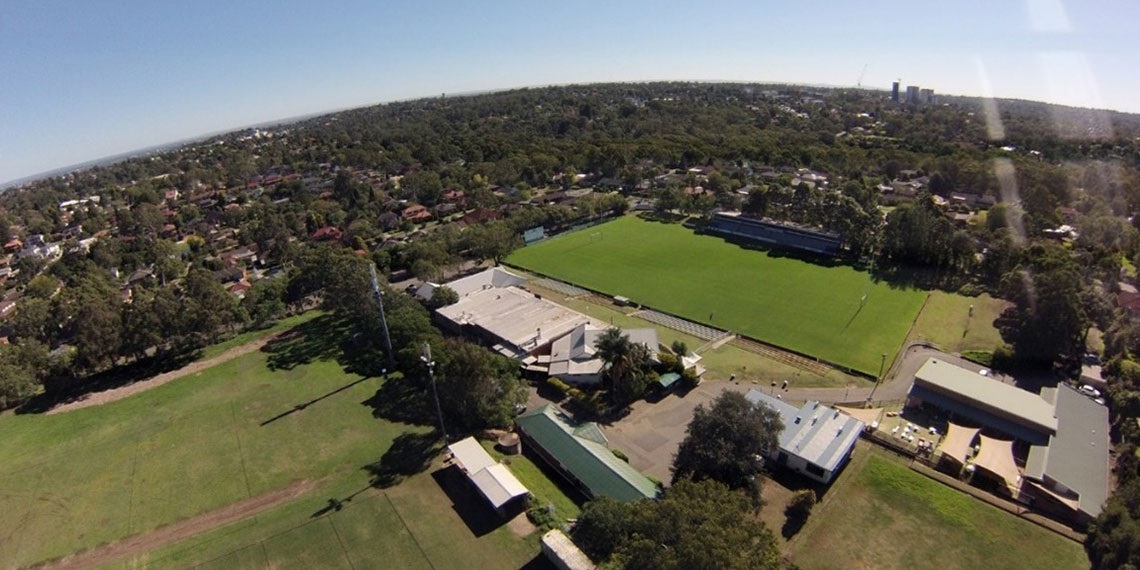
Although Council officials had been meeting with senior representatives from the Department of Planning, Housing and Infrastructure in recent months, they were blindsided by today's announcement by the NSW Government regarding the rezoning of Australia's original innovation district – the Macquarie Park Innovation District.
Further to this morning's media release thanking the NSW Government for protecting TG Millner, staff have now identified major discrepancies between what the Premier and the Minister for Planning and Public Spaces announced this morning compared to the master-planning documents released by the Department.
The Premier's media release boldly claims that the masterplan will deliver an additional 9,600 homes and capacity for 100,000 new jobs. This would normally be welcomed by the City of Ryde as it reflects the Council's view of MPID being a globally competitive innovation district that requires a balanced approach to providing housing and jobs.
The Department, on the other hand, has issued its master planning documents which state the NSW Government will deliver 9,300 new Build-to-Sell homes, and prioritise the delivery of 11,271 new Build-to-Rent homes at a cost of 33,813 new jobs.
While Council has advocated for striking the right balance between housing, jobs, infrastructure and services, the Department has focussed on delivering housing at all costs.
In response to today's announcement, Mayor of the City of Ryde, Councillor Trenton Brown, stated,
"Let us not be fooled by Build-to-Rent housing as an affordable housing mechanism. It is a premium product that won't be accessible to many of the front-line workers looking to live closer to the schools and hospitals they work in across the City of Ryde and broader North Sydney region.
"The replacement of commercial spaces with Build-to-Rent housing, a product that largely benefits developers, means local employment opportunities will begin to shift to areas such as Western Sydney.
"The singular focus on housing, as opposed to striking the right balance with employment, will lead to a future employment crisis whereby the next generation will be left with very little opportunities to genuinely live close to where they work."
The allowance of Build-to-Rent housing as a part of the rezoning process has been a long-standing issue for the City of Ryde. The NSW Government cannot accurately project the take up of this product, which is causing issues with how both State and Local Government plan for the provision of infrastructure. Additionally, the rating model for this type of housing leaves Council with a large financial liability – Council estimated a potential negative impact of ‑$5.591M per annum for Build-to-Rent in Stage 1 alone. Mayor Brown noted,
"The infrastructure documents released today do not include any provisions for future residents living in Build-to-Rent housing. Without these provisions, the rest of the City of Ryde's ratepayers will effectively be subsidising the infrastructure costs of Build-to-Rent residents.
"The NSW Government is effectively asking the ratepayer to subsidise Build-to-Rent housing – high end service apartments. At the same time, it is compromised its position on affordable housing – dropping the proposed mandatory affordable housing contributions of 10-15% in perpetuity to just 3-10% for key sites.
In a housing crisis, the City of Ryde community expects more to be done for affordable housing. The reduction in the proposed affordable housing contribution was unexpected, particularly given the prevalence of Built-to-Rent housing and the inability for dwellings to be dedicated to affordable housing.
Council cautiously welcomes the Department's announcement that it has enabled savings and transitional arrangements for existing Data Centre Development Applications in the E2 zone. Mayor Brown noted,
"Data centres are having an increasing impact on the Macquarie Park Innovation District. While they are a critical piece of infrastructure for our evolving economy, they need to be planned for and delivered strategically.
"The inclusion of transitional arrangements could allow for a current data centre proposal to be replaced with over 1,000 new dwellings directly above a metro station – meeting the spirit of the Transport Orientated Development program."






